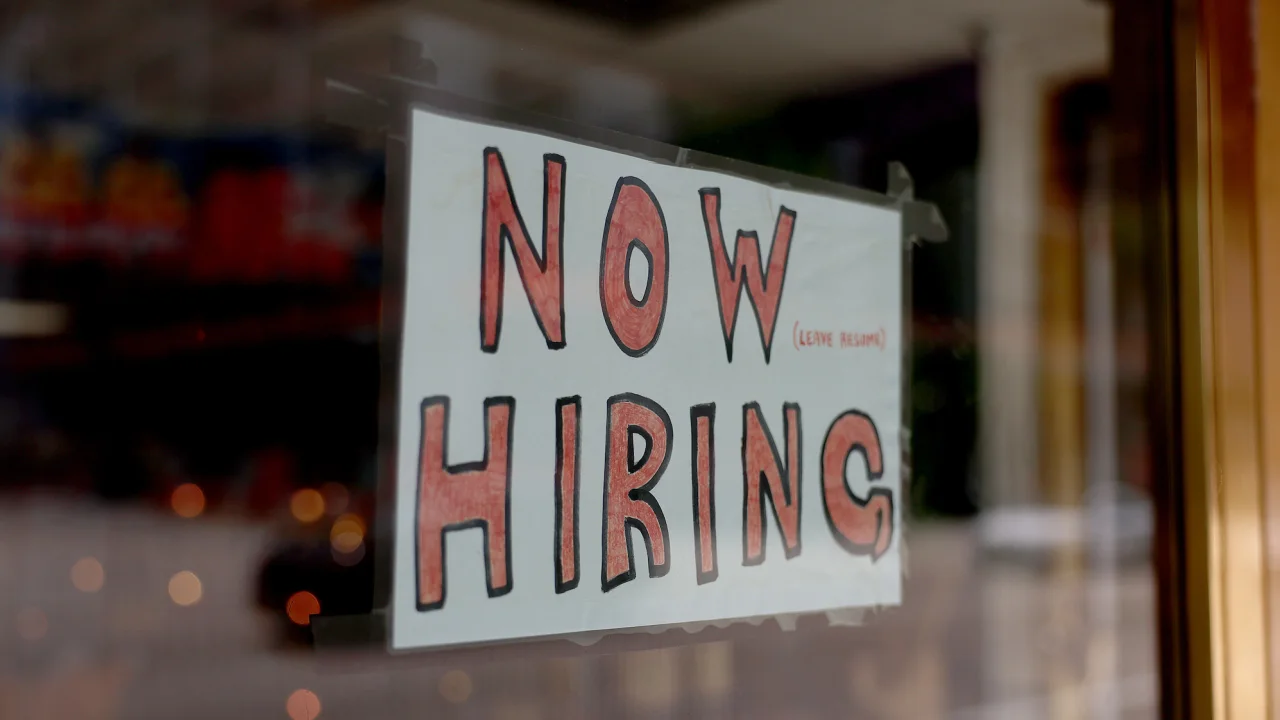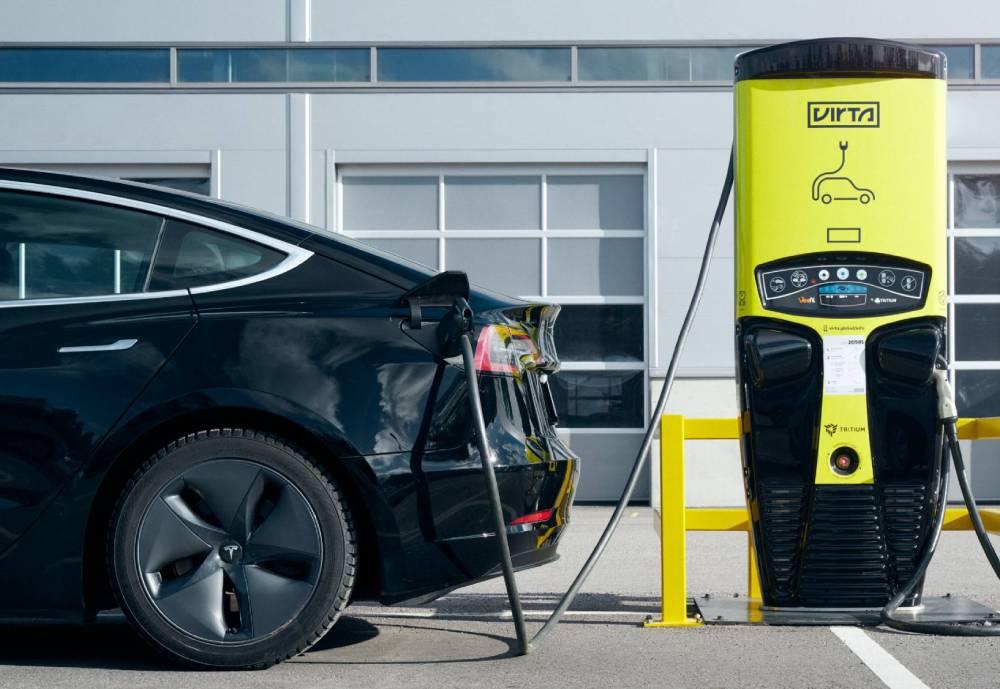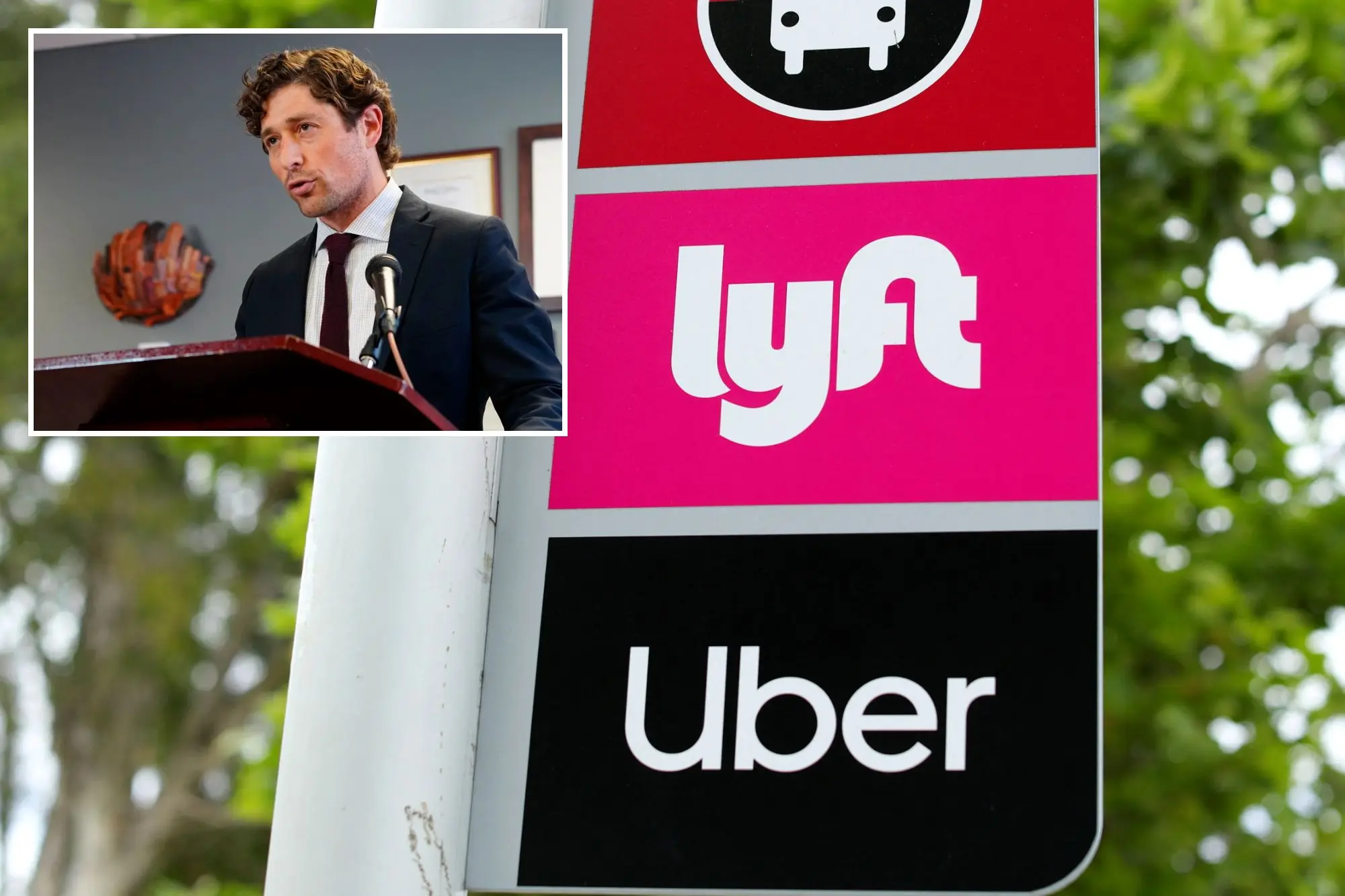Lyft and Uber Threaten to Leave Minneapolis
Lyft and Uber are considering leaving Minneapolis in response to a new city council ordinance that would establish a minimum wage for rideshare drivers. The ordinance, which passed with a 7-5 vote, aims to provide protections for rideshare workers, including a minimum wage requirement for drivers working within Minneapolis. If signed into law by Mayor Jacob Frey, the ordinance would set a rate of at least $1.40 per mile and $0.51 per minute for rideshare drivers within the city. Lyft and Uber have expressed concerns about the impact of the ordinance on their operations and drivers’ earnings.
Threats of Leaving
Both Lyft and Uber have issued warnings that they might cease operations in Minneapolis if the ordinance is signed into law. Lyft sent a letter to the city council stating that the proposal would lead to higher prices, potentially making rides unaffordable for many passengers. The company urged Mayor Frey to veto the ordinance and allow the state’s rideshare task force to complete its research before implementing such regulations. Similarly, Uber emailed its riders, encouraging them to contact city officials to oppose the ordinance. Uber expressed concerns that the legislation could limit their ability to address safety concerns and increase the cost of rides.
Concerns and Reactions
Minneapolis Mayor Jacob Frey expressed concerns about the potential impact of the ordinance. He highlighted the need for further deliberation, as the ordinance could have significant implications for worker protections, public safety, disability rights, and transportation goals. While Frey supports higher pay for drivers, he emphasized the importance of carefully considering all aspects of the ordinance.
Gig Economy and Legislative Landscape
The issue of regulating gig economy workers, such as those in the rideshare industry, has been a subject of debate in various states and cities. California’s Prop. 22, passed in 2020, allowed gig economy companies to classify drivers as independent contractors rather than employees, with a minimum earnings guarantee. In June, New York City introduced a minimum pay rate for food delivery workers in response to the growth of food delivery services during the pandemic. However, Uber and other food delivery apps have sued the city, claiming the law would negatively impact delivery workers.
Conclusion
The situation in Minneapolis underscores the ongoing challenges in regulating gig economy workers and ensuring fair wages. While the ordinance is aimed at providing better compensation for rideshare drivers, Lyft and Uber’s concerns about potential consequences for their operations and passengers’ affordability highlight the complexity of the issue. The debate over the ordinance and potential consequences for the rideshare industry will likely continue to be a topic of discussion in the coming months.










